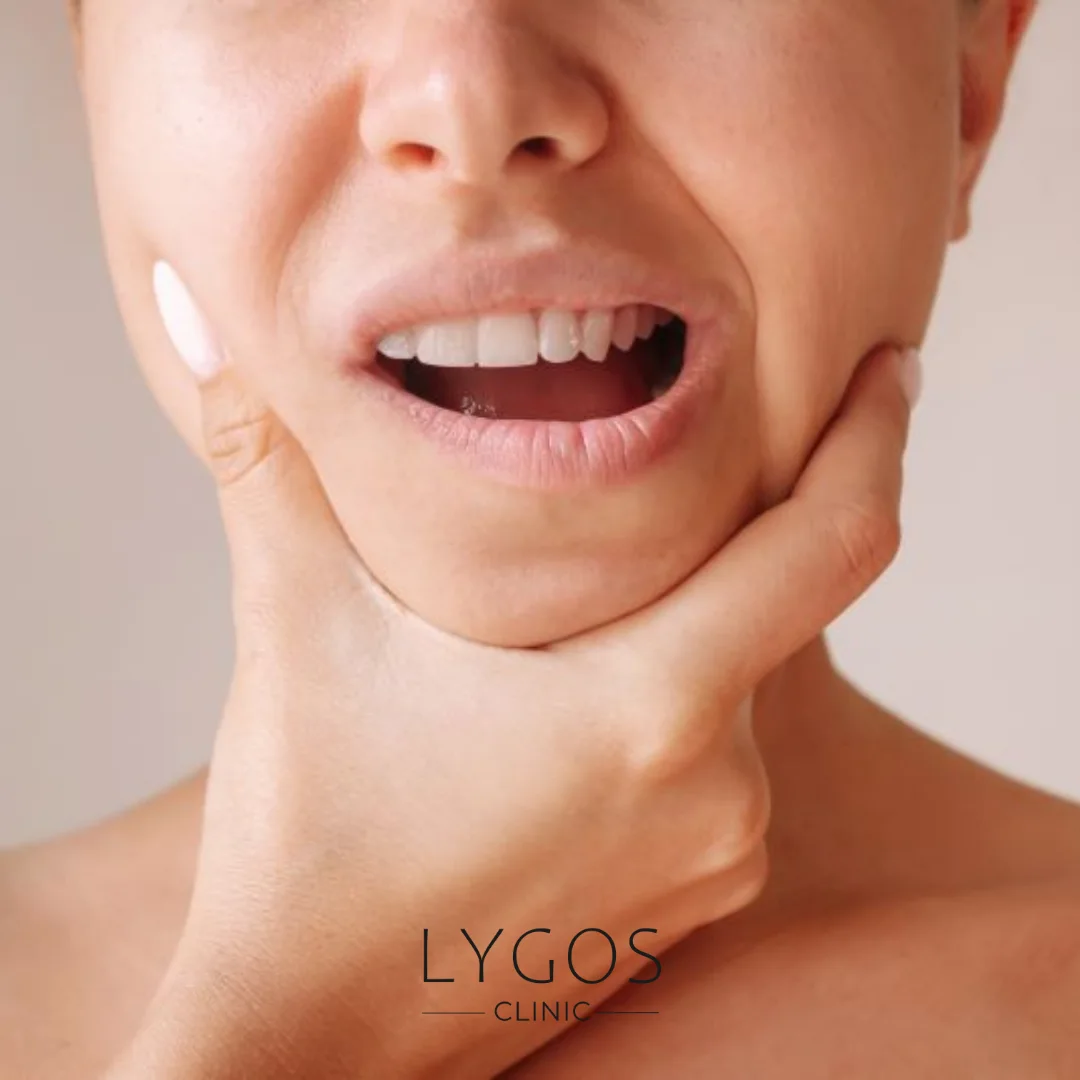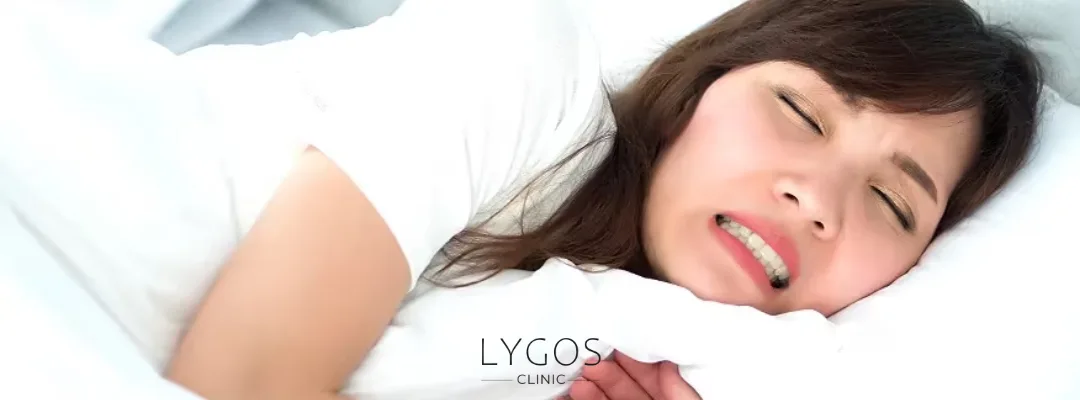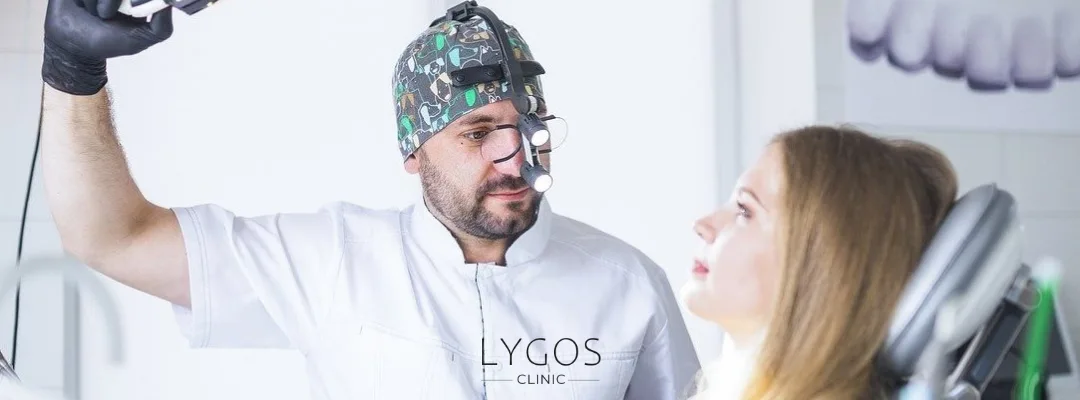What Causes Jaw Tightness | Main Causes of Jaw Tightness

Chose Your Topic
What Causes Jaw Tightness
Nowadays, many people experience complaints of jaw tightness. This condition can make daily life difficult, making even simple actions such as speaking and eating painful. So, what causes jaw tightness, and how can it be relieved? In this article, we’ll examine the main causes of jaw muscle tightness, treatment options, and relaxation techniques in detail.

Main Causes of Jaw Tightness
There isn’t a single answer to the question “why does jaw tightness occur?”. Many factors that affect the jaw muscles can lead to spasms and stiffness when combined. Here are the most common causes:
1. Stress and Teeth Grinding (Bruxism)
People under intense stress often clench their teeth without realizing it. This habit, known as bruxism, is one of the main causes of jaw tightness. Long-term teeth clenching can lead to muscle tension, pain, and even damage to the temporomandibular joint (TMJ).
2. Temporomandibular Joint (TMJ) Disorders
The TMJ connects the jaw to the skull. Inflammation, dislocation, or trauma in this joint can cause muscle spasms and tightness. When the joint doesn’t function properly, the surrounding muscles are overworked, leading to painful contractions.
3. Poor Posture and Neck Tension
Leaning forward for hours at a computer disrupts muscle balance. Tension in the neck and shoulder muscles often extends to the jaw area. Therefore, people with posture problems frequently experience jaw tightness.
4. Dental Problems
Missing or misaligned teeth affect how the jaw closes. This imbalance puts additional strain on the muscles and can increase teeth grinding. Structural dental issues are therefore another major cause of jaw tightness.
5. Neurological or Muscular Disorders
Certain neurological diseases or muscle dystonias can cause involuntary muscle contractions. In such cases, jaw tightness may be linked to an underlying systemic condition, making medical consultation essential.
How to Relieve Jaw Tightness
After asking “why does jaw tightness occur?”, most people wonder how to relieve it. The treatment depends on the underlying cause.
Here are some effective solutions:
1. Warm Compress
Applying heat is one of the simplest ways to relax tense muscles. Placing a warm towel on the jaw area for 15–20 minutes improves blood circulation and reduces stiffness, especially when the cause is stress or fatigue.
2. Massage and Stretching Exercises
Gentle jaw massages and simple open-close movements help relax the muscles. Regular exercises can relieve pain and improve muscle endurance.
3. Night Guard (Mouth Splint)
For those who grind their teeth at night, custom-made dental splints prevent friction between teeth, allowing the muscles to rest.
4. Stress Management
Stress is the biggest trigger for jaw tension. Practicing meditation, yoga, and breathing exercises can help release muscle tightness naturally.

Jaw Pain Treatment Options
Pain caused by jaw tightness can sometimes spread to the head, ears, or neck. Therefore, treatment should target both the pain and its root cause.
Possible treatments include:
Muscle relaxants and painkillers
Physical therapy or manual therapy
Dental bite correction procedures
In some cases, injections or botulinum toxin (Botox) therapy
These methods can provide long-term relief for chronic jaw tightness.
Symptoms of TMJ Inflammation
Inflammation in the jaw joint is one of the key causes of jaw tightness and may restrict movement or cause severe pain.
Common symptoms include:
Clicking or popping sounds when opening the jaw
Pressure or pain around the ear
Jaw locking or restricted movement
Morning stiffness in the jaw muscles
Facial asymmetry or swelling
If these symptoms occur, it’s important to consult a medical professional.

Which Doctor to See for Jaw Tightness
Many people wonder which doctor to see for jaw-related issues. Depending on the cause, the following specialists can help:
Dentist / Oral and Maxillofacial Surgeon: For teeth grinding, TMJ problems, or bite misalignment
Physical Therapy Specialist: For muscle and joint-related pain
ENT (Ear, Nose, Throat) Specialist: To rule out ear or sinus causes of jaw pain
Neurologist: For nerve-related muscle spasms or dystonias
Seeing the right specialist is the first step toward lasting relief.
Tips to Relax Jaw Muscles
Small lifestyle changes can make a big difference in reducing muscle tension.
Here are some practical tips:
Daily Exercises: Gentle jaw-opening and side movements improve flexibility.
Avoid Caffeine and Chewing Gum: Both can increase jaw muscle tension.
Sleep Position: Sleeping on your back instead of your stomach reduces jaw pressure.
Relaxation Techniques: Deep breathing, meditation, and progressive muscle relaxation help release tension.
In conclusion, jaw tightness can result from stress, teeth grinding, joint disorders, or muscle fatigue.
Remember, early intervention is always the best approach. If you frequently experience jaw tightness and it affects your daily life, it’s time to seek professional help.
What Causes Jaw Tightness Frequently Asked Questions (FAQ)
It is often caused by stress, teeth grinding, or TMJ problems. While it’s usually temporary, chronic tightness can lead to tooth wear, joint damage, and headaches. Professional evaluation is recommended if symptoms persist.
Use warm compresses, gentle massages, manage stress, and consider a night guard if you grind your teeth. If inflammation or joint problems are present, professional treatment is necessary.
Start with an oral and maxillofacial surgeon (dentist). Depending on the cause, you may also need to see a physical therapist, ENT, or neurologist.
Yes. Stress increases muscle tension and can cause unconscious teeth clenching or jaw locking. Relaxation and breathing exercises can significantly help relieve this condition.



